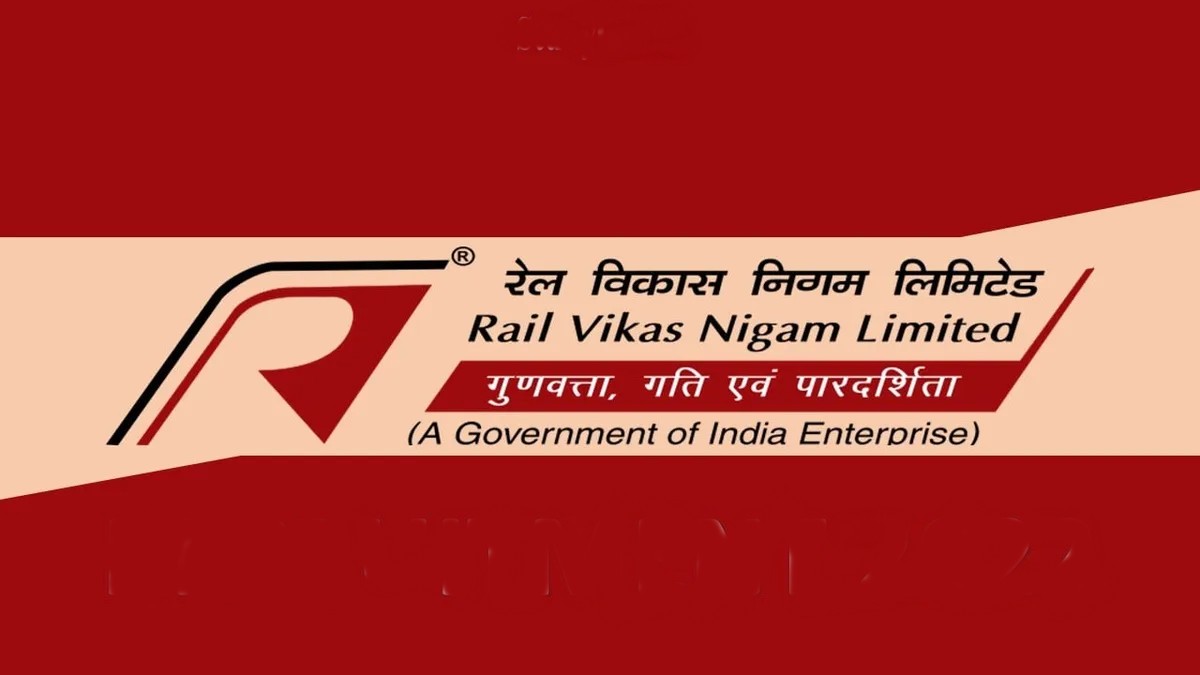With RVNL, India now has 15 Navratnas including names like Hindustan Aeronautics Ltd, Bharat Electronic Ltd and Oil India Ltd
New Delhi, NFAPost: The Department of Public Enterprises has granted the status of Navratna to the Rail Vikas Nigam Limited (RVNL), the company said in a filing. In India, Navratna companies are those state-controlled firms that can receive investments up to a value of Rs 1,000 crore. With RVNL, India now has 15 Navratnas. It includes companies like Hindustan Aeronautics Ltd, Bharat Electronic Ltd and Oil India Ltd.
RVNL mostly works on a turnkey basis and undertakes the full cycle of project development from conceptualisation to commissioning including stages of design, preparation of estimates, calling and award of contracts, project and contract management, etc.
RVNL follows an asset-light business model, which helps keep its fixed asset part lower, helping it to keep its balance sheet stress free, and resulting in lower inventory days. RVNL is a project-executing agency working for and on behalf of the Ministry of Railways (MoR) and has a strong order book visibility, which is likely to play a key role in the development of railway infrastructure in India.
The management expects revenue to grow at a CAGR of over 20 per cent in the coming few years on the back of strong order books and new order inflows.
Last month, a joint venture of Russian firm Transmashholding (TMH) and RVNL emerged as the lowest bidder for the manufacture and maintenance of 200 lightweight Vande Bharat trains. The consortium made a bid of around Rs 58,000 crore, with the cost to manufacture one train set at Rs 120 crore.
Earlier, this month, RVNL in consortium with Siemens India, emerged as the lowest bidder (L1) for Mumbai Metro line 2B of Mumbai Metropolitan Region Development Authority (MMRDA). The project is estimated to cost around Rs 378.16 crore.
RVNL has now started participating in tenders from other countries as well. The experience of around two decades in India of being one of the lead execution agencies for railway projects would help the company to evaluate, bid and execute projects in other countries.
Many countries across the world are looking at expanding and improving their rail network. This would also diversify its revenues geographically, reducing its risk and dependence on Indian Railways.





